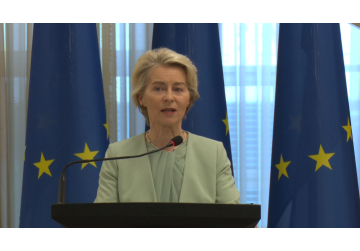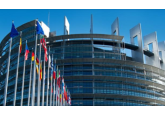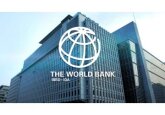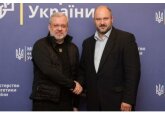
The European Union will allocate about 1.8 billion euros to Moldova in the next 3 years - the largest financial aid package since the country's independence
The allocation of these funds was announced on Thursday by European Commission President Ursula von der Leyen at a joint briefing with Moldovan President Maia Sandu. She noted that the European Commission adopted a 1.8-billion-euro Economic Growth Plan for Moldova, backed by the Reform and Growth Facility for 2025-2027. The plan, which represents the biggest EU financial assistance package received by Moldova since its independence, will boost Moldova's economic development, bringing it closer to the EU accession by speeding up reforms and providing significant financial assistance. In particular, the Economic Growth Plan for Moldova is based on 3 main directions: increasing financial assistance in the next 3 years through a special Reform and Growth Facility for Moldova; enhancing access to the EU single market; supporting Moldova's socio-economic and fundamental reforms. In particular, taking into account the future reform agenda and priority investment needs discussed with Moldova, it is planned to support the construction of new roads, bridges and railway infrastructure, such as the Chisinau ring road, the Odessa-Chisinau-Iasi highway and bridges over the Prut River, by increasing financial assistance under the special Reform and Growth Facility for Moldova. It is planned to contribute to energy security by completing a new power transmission line and starting work on 2 others to connect Moldova to the EU power grid via Romania. Other important investments are envisaged in energy, health care, in particular starting the construction of 2 new well-equipped hospitals in Cahul and Balti, supporting Moldova's integration into the EU roaming zone at national tariffs and facilitating broadband internet access in isolated areas of the country, improving access to finance and supporting 25,000 enterprises, including small family businesses. Within the framework of enhancing access to the EU single market, the Economic Growth Plan for Moldova proposes immediate steps that the country can take to take advantage of the single market in 5 key areas once it meets the necessary standards: free movement of goods and supply chain integration, trade facilitation and transport links, EU energy market integration and decarbonization, digital market integration, and access to the Single Euro Payments Area (SEPA). Support will also be provided for socio-economic and fundamental reforms in Moldova. It is planned that Moldova will implement reforms of its socio-economic development based on the main factors of economic growth: economic competitiveness; economic sustainability, including in terms of infrastructure and energy; social capital; economic governance; and green transition. These reforms will attract foreign investment, improve the business environment, support SMEs, improve skills and qualifications, strengthen trade and exports, thereby accelerating economic growth and narrowing the economic gap with the EU. Payments will be made once pre-agreed reforms are completed. The European Commission notes that economic convergence is an important element for candidate countries preparing to join the EU and the single market. Integration into the EU single market has been the main driver of economic growth for all accession countries. Ursula von der Leyen said that Europe firmly supports Moldova today and at every stage of its path to the EU. “We can already start to bring Moldova's economy closer to ours. Today I am presenting in Chisinau an aid package that could potentially double the size of Moldova's economy over the next decade. To that end, we are investing in jobs, economic growth, services and infrastructure - whether we are talking about new hospitals in Balti and Cahul or a highway that will connect Chisinau to Odessa. We are opening the doors to our single market for companies from Moldova, and we support the efforts to reform your country,” Ursula von der Leyen said. She stressed that she believes that Moldova will be a member of the EU, noting that the country has made significant progress in the implementation of important reforms. For her part, Maia Sandu thanked the EU for the new substantial assistance, noting that this is not only an investment program, but also a symbol of the EU's belief in Moldova's potential for transformation and development. “This Economic Growth Plan will help us build a strong economy with well-paid jobs at home, which will allow developing the localities and the country as a whole,” she said. // 10.10.2024 - InfoMarket.







